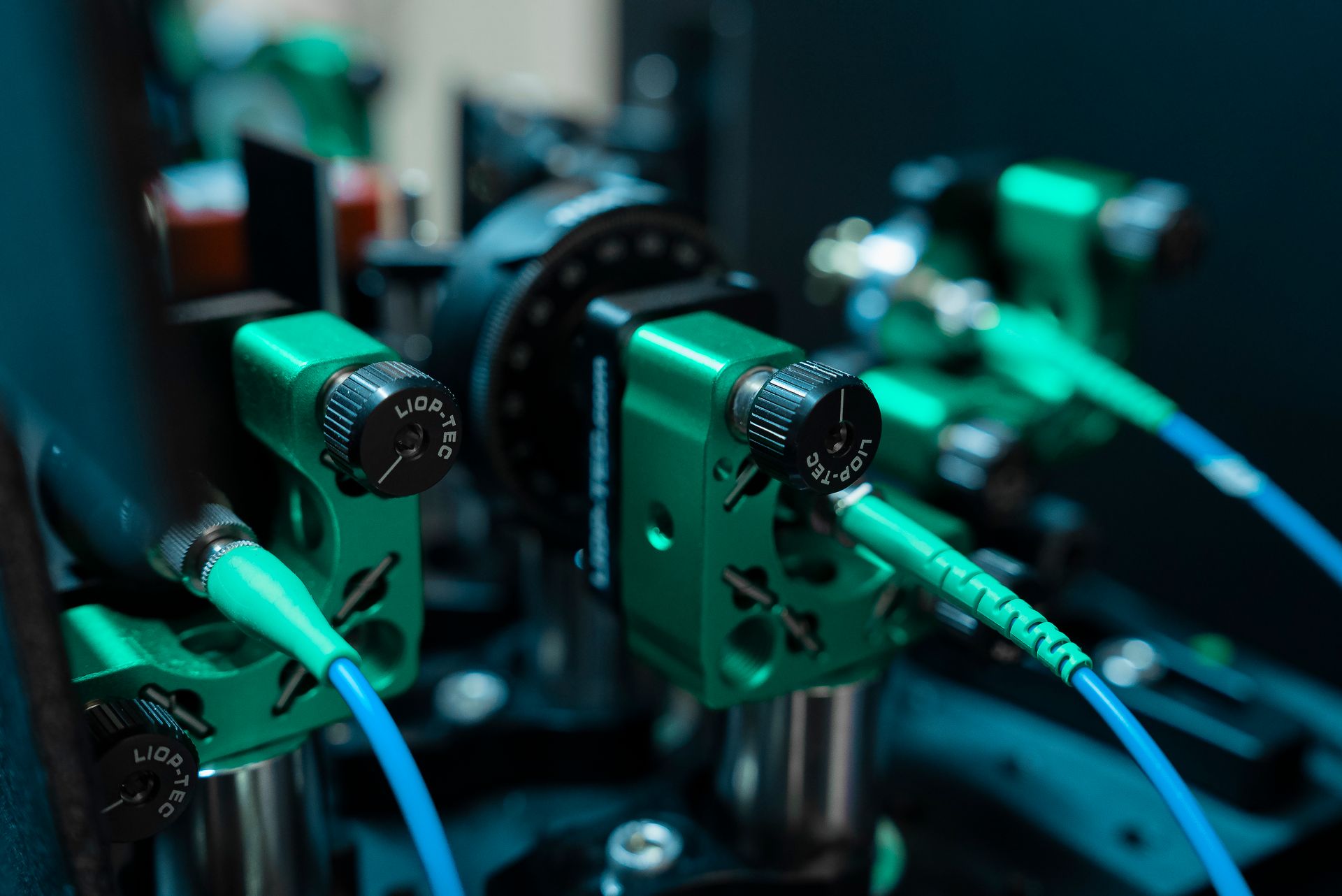
Courtesy of Pasqal
France’s frontrunner in the quantum computing race, Pasqal, is doubling down on its Asia Pacific footprint with a $52m investment and a series of strategic partnerships.
Supported by the Korean government, the Paris-based startup is backed by LG Electronics, Dunamu & Partners and the city of Seoul in its long-term commitment to the region, which includes creating more than 50 new jobs in South Korea and the planned deployment of a quantum computer by 2029.
Founded in 2019 by Georges-Olivier Reymond, Christophe Jurczak, Nobel laureate Dr Alain Aspect, Dr Antoine Browaeys and Dr. Thierry Lahay, Pasqal has secured more than €140m in financing to date for its neutral atom approach. This sees specialised lasers trap single atoms to form qubits (quantum bits).
Chief strategic alliances officer Reymond calls me from Seoul just after midnight to explain the real world implications of APAC’s first international public-private quantum partnership.
He describes quantum computers as accelerators, explaining that you need the three processors — CPUs, GPUs and quantum processing — to improve existing computing.
Pascal is a full-stack quantum company, building both hardware and software. There are two main reasons for this, Reymond says. “The first, is to abstract the quantum complexity.”
According to him, the software stack makes programming a quantum computer as easy as programming any other computer.
The second is to showcase the capabilities of the technology to then work with other companies to build real world applications together.
“We did our part, but now we really want to build ecosystems all around the world,” he says.
Though Pasqal isn’t anywhere near as large as some other players in the space, such as Google or IBM, it sees them as collaborators, rather than competitors.
“I think it's not a competition,” Reymond says. “It's more like building the rocket together and turning this competition into a business advantage.”
It is following the same collaborative model it has seen success with in North America, now in APAC.
It already has partnerships with IBM and hubs in both Canada and Chicago. In Korea, its now working with Yonsei University, which established the country’s first quantum computing center last year with an IBM 127-quibit processor.
“It’s a fast moving ecosystem,” Reymond points out, adding that South Korea makes sense as a regional hub given its corporate base and deep tech talent pool.
“What we are aiming at is to bridge this gap between data scientists and the applications with quantum,” he says. “So we will bring the technology to South Korea, placing quantum computers here and building this ecosystem of end users that will be able to harness the potential of quantum computing for the corporations that are present in the region, for finance, energy, health care, logistics and, of course, electronics.”
Pascal also has partnerships with LG Electronics, South Korean steel manufacturer Posco, and Korea Advanced Institute of Science & Technology (KAIST). It has projects spanning Europe, North America, the Middle East and Asia Pacific with a network of local research and development hubs.
Reymond sees quantum applications in energy — the startup has already partnered with EDF Energy — finance, healthcare and logistics, with the first industrially relevant applications just two to three years away.
